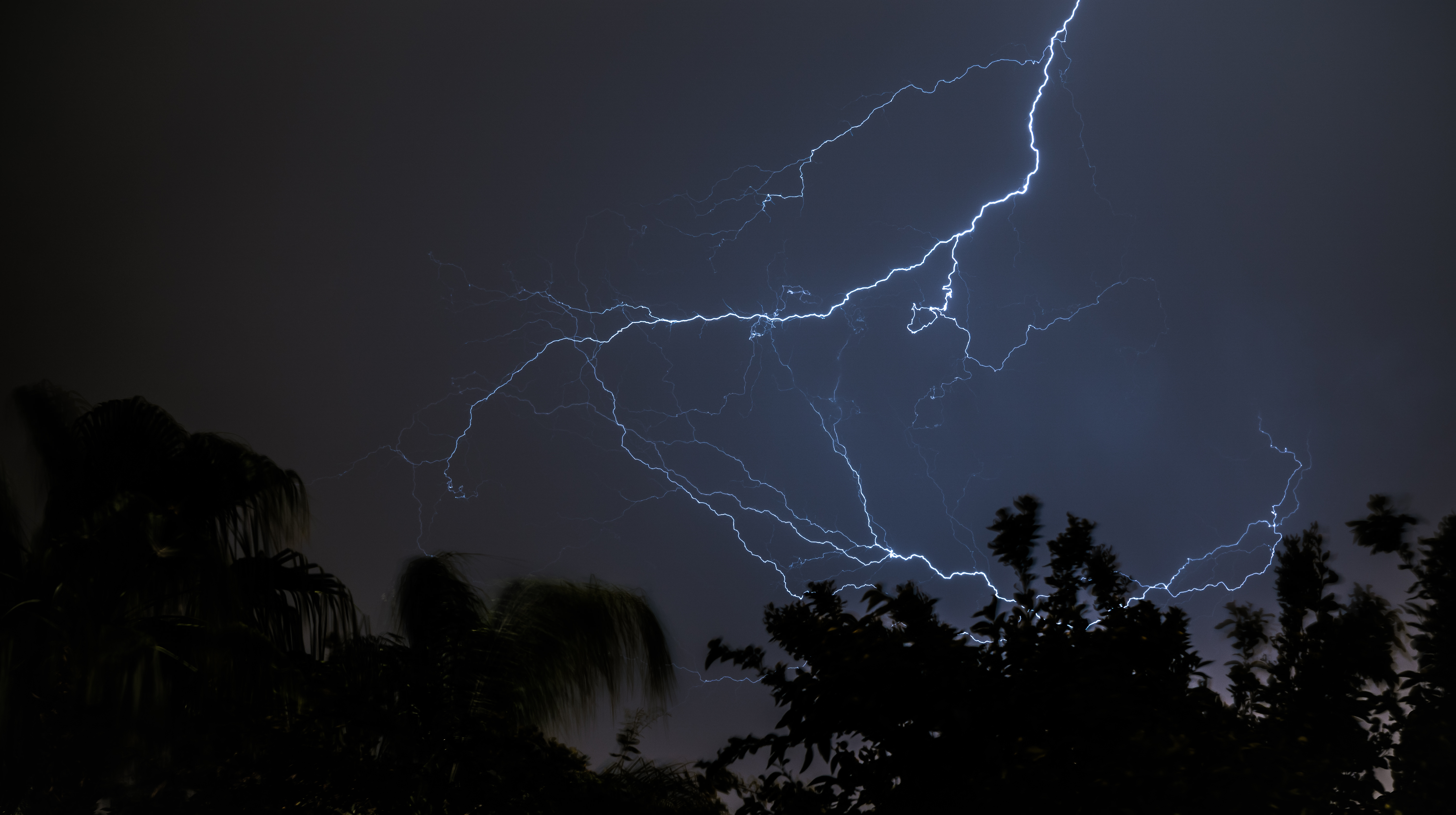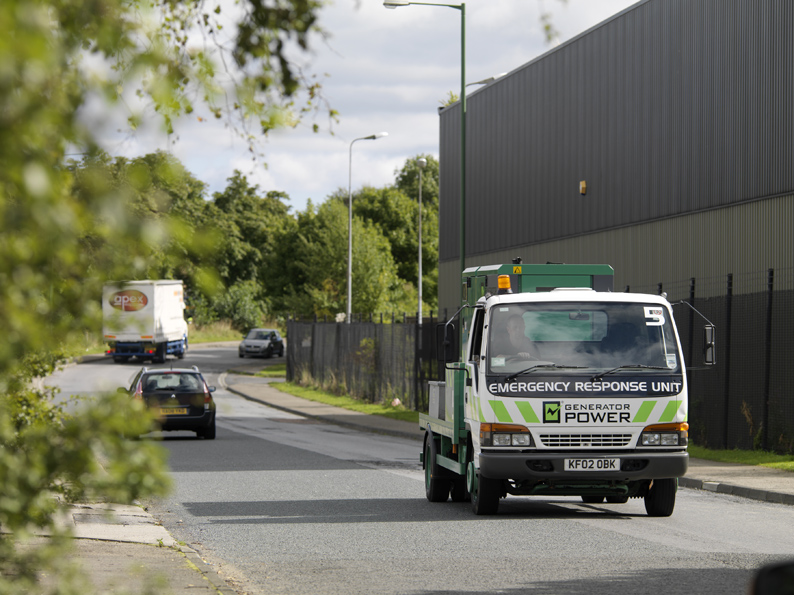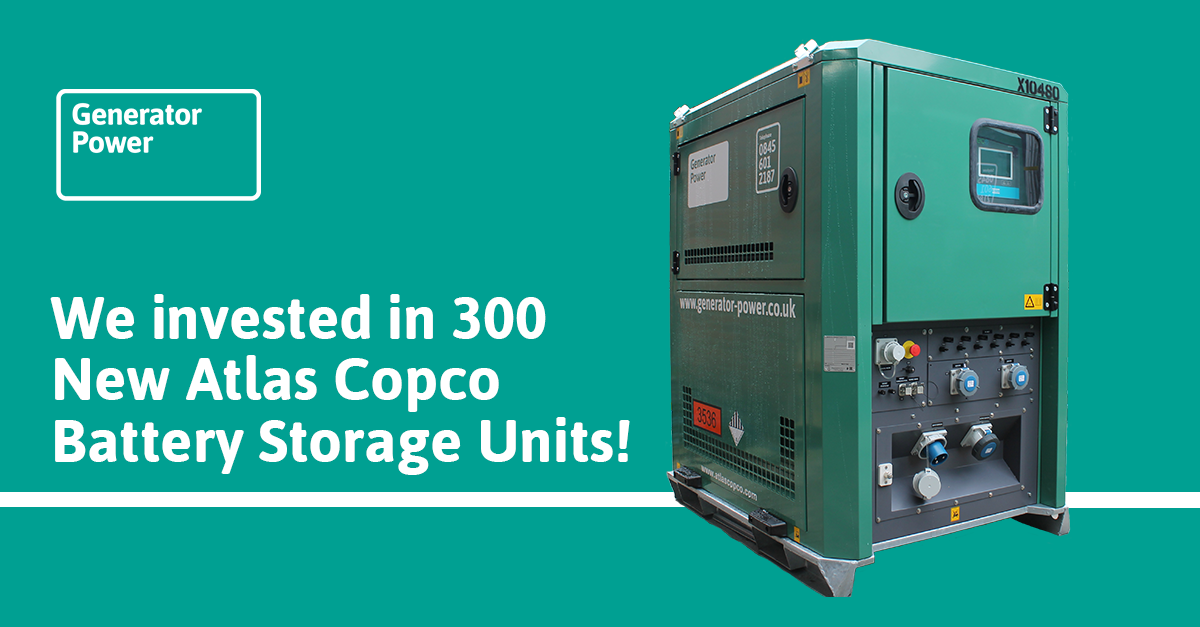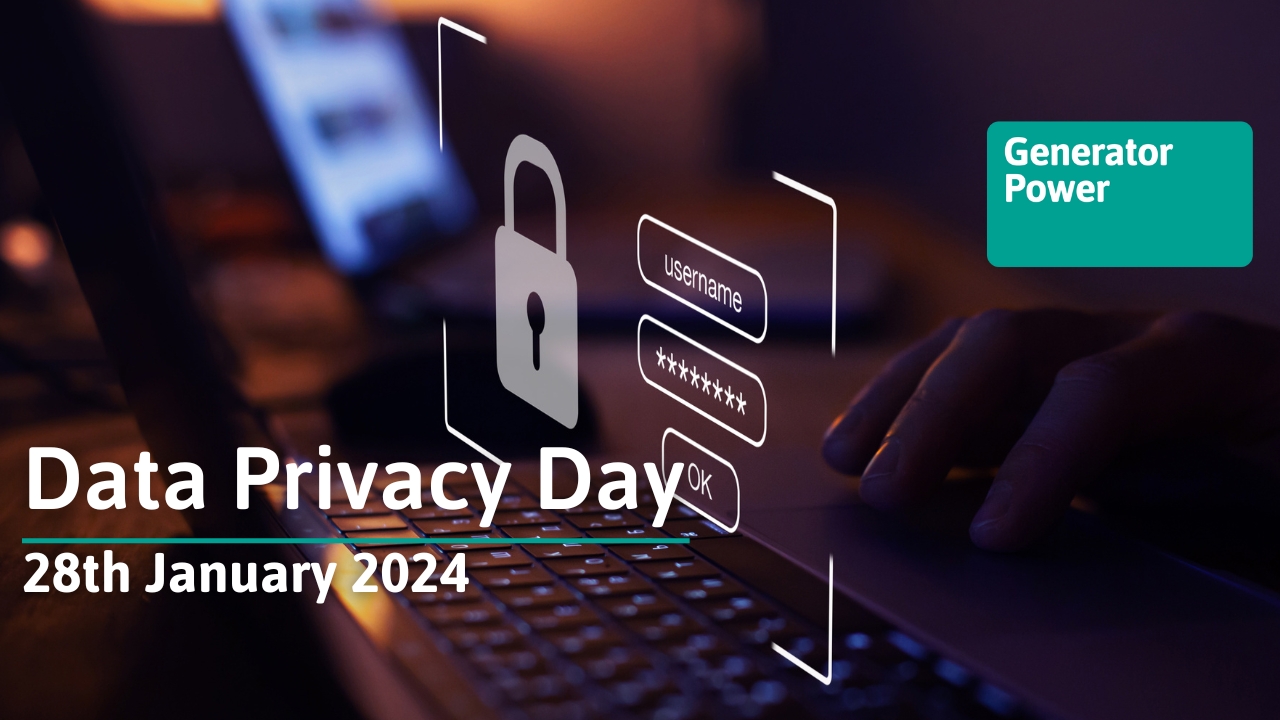In almost all cases, a power cut is an unexpected and unfortunate event that we are rarely fully prepared for. Whether it happens on an individual level or the whole neighbourhood finds itself with no electricity, you need to know what you have to do and take action fast.
Even though your first reaction is to be upset that your daily routine can’t be carried out, it is essential to take care of safety procedures immediately. Not being prepared for a power cut results in a hazardous situation that can put your health and that of your loved ones in danger. To keep your family safe and manage the problem wisely, do some research on dealing with an unexpected power cut and apply the knowledge you gain.
In our extensive guide, you will learn everything you need to know about power cuts. We will start from scratch by explaining what types of power outages exist and how you can prepare for each of them. Furthermore, we will cover all safety aspects that are crucial during dark times. You will learn more about useful tools like generators, which can have a massive impact when undergoing a power outage. Our guide concludes with a complete to-do list for the aftermath so you can embrace any power cut like a pro. Read all about it below and stay safe!
What Is A Power Cut?
Before we start talking about all the necessary steps for dealing with a power cut, let’s begin with the root of the problem. The dictionary defines a power cut as ‘a temporary withdrawal or failure of an electrical power supply’. Also regarded as a blackout or power outage, a power cut is basically when a house, building, neighbourhood and so on loses electricity completely for a particular period of time. Most power cuts aren’t definitive, but a great number can become prolonged due to severe weather conditions or other external factors. Throughout history, there have been blackouts around the world that have greatly affected families and entire communities.
Although some power cuts are beyond our control, there are some that we can all have a positive impact on. In the end, it all comes down to preparation and know-how, two fundamental elements that can ensure safety and a speedy power recovery if carried out properly. However, to be able to handle a power cut, we need to understand the difference between a short term power outage and a long term one. Depending on what type of outage it is, there are different safety precautions that need to be taken. Even more so, we need to dig deeper into the cause of power outages to decipher the effects and how to manage them.
What Causes Power Outages?
In the majority of cases, power outages are caused by weather. If a powerful thunder storm or a blizzard takes place in your area, there are high chances that your neighbourhood will be affected. Lightning is one of the main ‘culprits’ when it comes to power cuts, as it can strike power lines and shut them down. Furthermore, lightning can cause large trees to fall over electric lines, resulting in the same situation. Nonetheless, snow storms are just as dangerous for electric wires for the same reasons. In more severe cases, tornadoes, hurricanes or a great build-up of ice can knock electric lines down and cause long-term power outages if a team of professionals doesn’t take immediate action accordingly.

We tend to blame the weather for most power outages, but some have nothing to do with rain, hail or wind at all. Countless car accidents occur on a daily basis all around the globe, and many of them involve vehicles crashing into power poles. Even more so, construction work that is not done with care and attention can affect power lines both under and over ground. Animals can also harm electrical equipment by climbing on it. As you have probably experienced already, sometimes power companies just have internal malfunctions that cause temporary power cuts in the areas they serve.
Types of Power Cuts
As we mentioned earlier, there are two main kinds of power cuts that occur on small and large scales alike: short term and long term.
Short Term Power Outage
A short term power outage usually takes place when a mild storm hits a geographic area or when a power company experiences an error. Even though a short term power outage can last for just a few minutes or hours, you should always be prepared for it. One of the greatest dangers is an electrical short circuit, an issue that can put your entire family and house in danger. In addition to this, a seemingly harmless short term power outage can turn into a long term one at any times, so you should always be prepared for the worst.
In these cases, make sure that you have first aid kits, portable lighting sources and plenty of fresh water available. You should also have a battery-powered radio ready if the power cut has affected a larger area, as well as a fully-charged mobile phone for calling your power company to ask for updates. We will talk more about mandatory safety measures in a dedicated section of our guide below, but these are some of the basics that you should never overlook.

Long Term Power Outage
A long term power outage is a challenging situation for anybody, no matter how prepared they are. A severe natural disaster – like a flood, hurricane or tornado – can be the cause of a long term power outage. These are the types of situations where you most likely need to hire a power generator to be able to continue with your daily life until your local power source resumes. All long term power outages are obviously unexpected, so you should prepare well in advance.
For these power outages, you need to take the basic measures we previously described and add a few more. First of all, you need a great deal of canned food if you aren’t sure when your electricity will be back. Make sure that you can maintain communication somehow with your family members to update them on your wellbeing. Also, some of the family members you live with might have special needs, such as medical requirements. Ensure that you can meet these needs so nobody will be put in any more danger than they already are. Likewise, we will speak more about getting essentials together below.
Dealing With A Power Blackout
We strongly recommend that you do your best to prepare for a power cut in time, even if you don’t live in an area that is prone to violent storms. Nevertheless, we know that power cuts can easily catch us all off guard, so we also want to share what you can do on the spot. Preparation is key, however, so we will start with the emergency essentials you can prepare beforehand and work our way to last-minute issues from there. You will also learn about the emergency services you can get from a local provider to maintain electricity during this time.
If worse comes to worst and you aren’t prepared whatsoever, you need to take action immediately. Get in touch with a team of specialists that can help you with the hardest part. While they’re on the way, you can search through your house to see what resources you have at hand. If the weather isn’t severe, you can drive to your local store to stock up on food and water supplies for you and your family. If not, do your best to use what you have in the house and take all the necessary safety precautions. To avoid being completely unprepared for such an event, take a look at the fundamental emergency supplies you should have at hand below.
How to Be Prepared – Emergency Essentials
Regardless if the power outage is expected to be short or long, you should always have some essential items in your home. First of all, you need to have more than enough fresh drinking water – a gallon for every member of your family per day. After that, you should have canned food and other edible goods that don’t expire easily. You can always cook with the help of a camping stove and charcoal or a propane tank, but it is not recommended that you rely solely on these temporary appliances. Canned food like beans can be eaten both cold and warm, so think about adequate food from this point of view.

A first aid kit is critical. Make sure that it contains plenty of bandages, scissors, tape, gauze and any other extra supply of medication that someone from the family requires. Candles, flashlights and batteries all go without saying, as well as matches and at least one lighter. It is best to keep an old mobile phone with a fully charged battery that contains emergency numbers, contacts for your close family and your power company’s contact information. You should also save the number of an emergency power service that works 24/7 and can supply you with temporary electricity.
A few other highly important supplies you should have are:
- Ice
- Coolers
- Warm clothes to wear in layers
- Bin bags
- Paper plates, forks, knives, and spoons (to save up on water)
- Sanitation supplies (baby wipes, antibacterial solutions)
- Light sticks or glow sticks
Ensure that you turn off all electronics and appliances to avoid a short circuit.
Power Cut Safety – What You Need to Know
What many tend to overlook in the chaos caused by a power cut is their existing stock of electronics. In this day and age, we all have a multitude of appliances in our homes, which all need to be turned off when the power goes out. This includes refrigerators, kitchen appliances, televisions, computers and any other electronics in your home. If you have power strips in your house, make sure they are all turned off. If the power comes back in surges, you risk a dangerous short circuit.
We hope it goes without saying that you should stay away from water if your power cut was caused by a storm. Even if you need to go and turn off appliances in your basement, you should stay far away if it is flooded. In these situations, it is best to contact a team of professionals to shut anything down from the metre. There are other specialists you can get in touch with as well, especially for transformers and other equipment that can help you deal with a power cut.
Contacting Emergency Specialists
Another key step in the preparation process is creating a list of your local emergency services providers. The most important emergency numbers in the UK are the following:
- Ambulance, Fire & Police: 999 or 112
- Gas Emergency: 0800 111 999
- NHS Direct (24-hour health helpline): 0845 4647
In addition to these fundamental contacts, you should do some research about emergency power solutions in your area. These professionals can offer a wide range of services, from hiring a generator to multi-megawatt packages. Look for companies that have benefits like a 24/7 emergency phone number, plenty of experience with such emergencies and trained engineers who can solve the problem quickly and efficiently.
Hiring a Generator for an Emergency
If you experience a power cut, you might not have the reflex to call a company for a generator. However, there are plenty of solutions of this kind if you know where to look. Your first instinct will and should be to take care of basic supplies, but you should always search for solutions that can give you temporary power. The benefits of hiring a generator are numerous:
- Cost-effective solution – you could always purchase a generator, but it will most likely cost you a small fortune. If you hire one for power cuts, you will get the electricity you need for precisely the amount of time you require it. If you do want to purchase one just to be safe, we recommend that you buy used equipment to cut costs.
- Eco-friendly options – not all generators run on diesel. If you want to protect the environment while getting the power you need during outages, you can rent a LPG (liquid petroleum gas) generator.
- Fast delivery – if your power goes out, you need a generator fast. A trustworthy emergency service provider will offer a rapid response for its customers in need.

Types of Power Generators Available
If you have decided that you could need a power generator for your outage, you should learn more about the options that are available for you. Generators are usually classified according to KVA, length, width, height, weight and tank capacity. These types of diesel generators are readily available for all types of households, from small to large. If you know that you live in a particularly special area, you can also look into a major generator to ensure the ultimate safety. Telemetry monitors will help you manage the generators from a distance.
We also mentioned LPG generators before, the environmentally friendly option for generating power on short notice. You can hire an LPG generator and look into fuel management options so it won’t run dry when you need it the most. Moreover, you should search for turnkey solutions so a team of specialists can take care of the process from beginning to end.
Even if you live in an isolated area, a reliable company has all-terrain access to even the most difficult places. Make sure you speak to the specialists in your area about where they deliver their rentals.
Choosing the Right Temporary Power Generator
For someone who isn’t familiar with engineering, choosing the best power generator is a challenging task. While the specialists from the company you are hiring a generator from will walk you through the rental process and provide advice, it helps if you know a bit about this equipment beforehand.
The first way you can determine what kind of generator you require is by analysing the consumption of your appliances. If your home is filled with appliances and electronics that consume a lot of power, you might require a larger generator to keep them running. However, the less electronics you have, the smaller the generator you require will be.
After that, you can choose what kind of fuel you want your generator to run on. The two basic options are diesel and liquid petroleum gas. If you don’t want to contribute to pollution, you can go for the second, eco-friendly solution.
You might also be interested in ancillary equipment, such as:
- Transformers
- Double-insulated cable
- Cable protectors
- Load banks
- Bulk fuel tanks
- Distribution boards
- Automatic mains failure units
The specialist you get in touch with will provide you with more information on the additional equipment you can hire in case of a power cut.
To-Do List after Power Is Restored
If everything goes well, your power should be restored in a short period of time. However, there are also some steps you need to take after your electricity is back.
First of all, if your power cut was caused by a storm, check every place in your house for excess water. If an area of your home was flooded, do not touch anything in the room and call a group of professionals for dealing with the situation. Also, if any of your appliances or electronics were affected by water, make sure a specialist checks them to see if they are safe to use.
Secondly, you should do a check-up around your house after the power cut. If severe weather conditions caused the power outage, trees might have fallen in your backyard and broken branches could be dangerous for the members of your family.
Thirdly, take care before turning on your power again. If you forget to switch off your electronics, you can also contact professionals for additional assistance on this topic.
Even if you just went through a power cut and you don’t expect another one to be occurring anytime soon, you should restock your supplies as soon as possible. The next power cut will be just as unexpected as this one, so ensure that your emergency essentials are all in place for any future incidents.
To wrap up, power cuts are almost never expected. Some of the only cases where you can predict that a power cut might occur is if a storm is announced. As a result, you should always prepare for a power cut before and make sure that all of your supplies are ready for when the going gets tough. Don’t forget your list of emergency contacts, including close family and relevant services.
If a power cut does take place, it is crucial that you do not panic and manage the situation with calm and patience. Carefully switch off all your devices and appliances, turn on your radio, call your power company and stay dry, safe and warm throughout the ordeal.
As a final word, you should never hesitate to work with a group of specialists that can make the situation less stressful. Quality power generators are just a phone call away, regardless if you need them for home or industry use. A generator can make a power cut seem almost unnoticeable, if you go to the right provider. Stay safe, prepare for the worst and be ready to manage a power cut flawlessly at all times.








